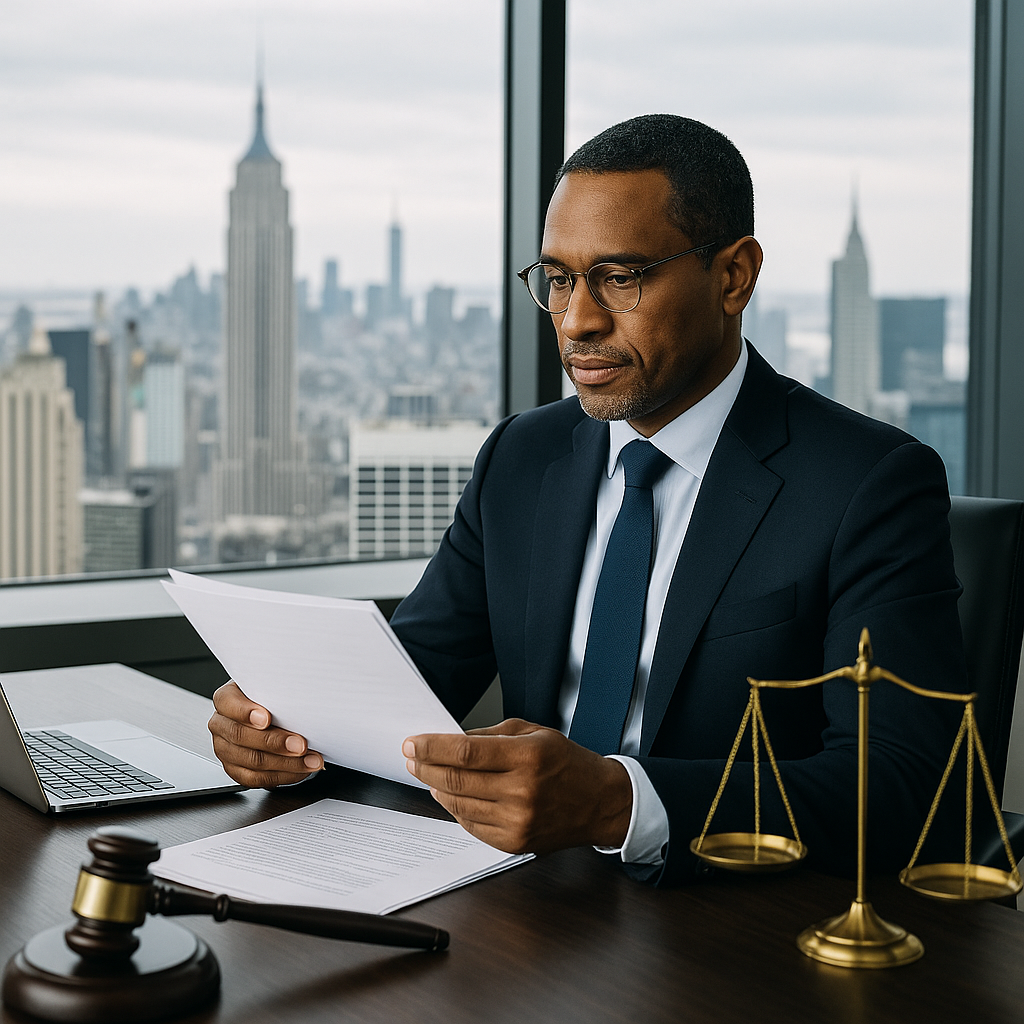The U.S. Legal Framework: Built for Stability
Foreign investors often come to the U.S. for its legal predictability. Property rights are deeply enshrined in U.S. law, and the courts have a long history of enforcing contracts, regardless of nationality. This level of legal consistency isn’t common in many parts of the world.
In the U.S., real estate law is primarily state-based, but federal protections—such as due process and equal protection under the law—apply across the board. Once you own property or invest through an entity in the U.S., you benefit from the same legal protections afforded to U.S. citizens and corporations.
Can the U.S. Government Confiscate Foreign Assets?
One of the most common concerns among international investors is whether the U.S. government can seize foreign-owned assets. The short answer: not without due process, and not without significant legal cause.
Confiscation of foreign-owned private property is extraordinarily rare in the U.S. Legal safeguards require:
- A court order
- Proof of illegal activity (e.g., fraud, money laundering)
- Compliance with constitutional protections
In other words, if your capital is clean and legally structured, it’s exceptionally difficult for any U.S. authority to take it.
The Power of Entity Structuring
The best legal protection often begins before you even transfer a dollar. Smart investors—particularly those working with firms like Infinity⁹—use entity structures like LLCs, LPs, or trusts to hold their U.S.-based assets.
These structures offer several key advantages:
- Legal insulation from personal liability
- Tax optimization depending on jurisdiction and treaty agreements
- Asset protection in the event of lawsuits or disputes
Entity structuring is part of what we call a "Capital Framework"—a way of investing that safeguards your money across jurisdictions.
What Happens in a Crisis?
During financial crises, pandemics, or political shifts, foreign investors often worry about sudden policy changes. But the U.S. legal system does not allow retroactive property seizure or arbitrary contract nullification.
Case in point: throughout the COVID-19 pandemic, the U.S. honored foreign investments. Courts continued to uphold property rights. Unlike other regions where governments froze capital flows or restricted foreign ownership, the U.S. remained open and operational.
This reinforces one of Infinity⁹’s core beliefs: There are no bad markets, just bad strategies. Crises reveal the strength of legal and capital structures, not just market trends.
Taxes: What You Need to Know
Taxes can impact returns if not carefully managed. Foreign investors in the U.S. are subject to specific IRS rules, particularly on rental income, capital gains, and estate tax. However, these liabilities can often be reduced significantly through proper planning.
Infinity⁹ works with cross-border tax specialists to ensure our investors retain as much of their return as legally possible. Structures can help:
- Minimize estate tax exposure (currently up to 40%)
- Optimize capital gains treatment
- Ensure correct treaty application (e.g., U.S.-Mexico, U.S.-Ecuador)
The U.S. system rewards proactive planning—not improvisation.
Political Noise vs. Legal Reality
U.S. political discourse can be noisy, even volatile. But rhetoric rarely translates into sweeping changes in property law or foreign investment treatment. The system is deliberately slow-moving by design.
Foreign investors should focus more on institutional behaviors than headlines. The rule of law, separation of powers, and independent judiciary provide a high level of continuity, even when the political landscape shifts.
Your Money Doesn’t Need a Visa
Another unique benefit? You don’t need to live in the U.S. to invest there. Real estate ownership doesn’t require a green card or visa. Nor do private equity holdings, lending instruments, or other vehicles Infinity⁹ uses in its real estate strategies.
You can build U.S.-based wealth from anywhere—without crossing a border. That’s why we say: Your money doesn’t need a visa.
Final Thought: Safety Is a Strategy
At Infinity⁹, we don’t believe in chasing safety after the fact. We believe in building it into the structure from day one. That means working with investors to create solid, compliant, and future-resilient capital frameworks.
If you're serious about growing and protecting your capital in the U.S., it's not just about where you invest. It's about how.







